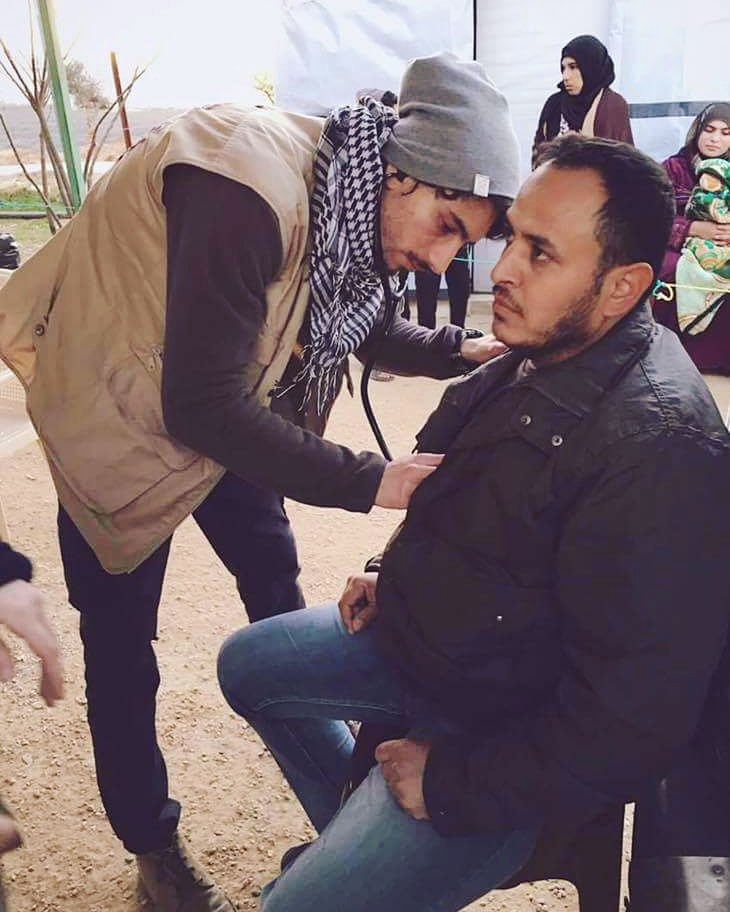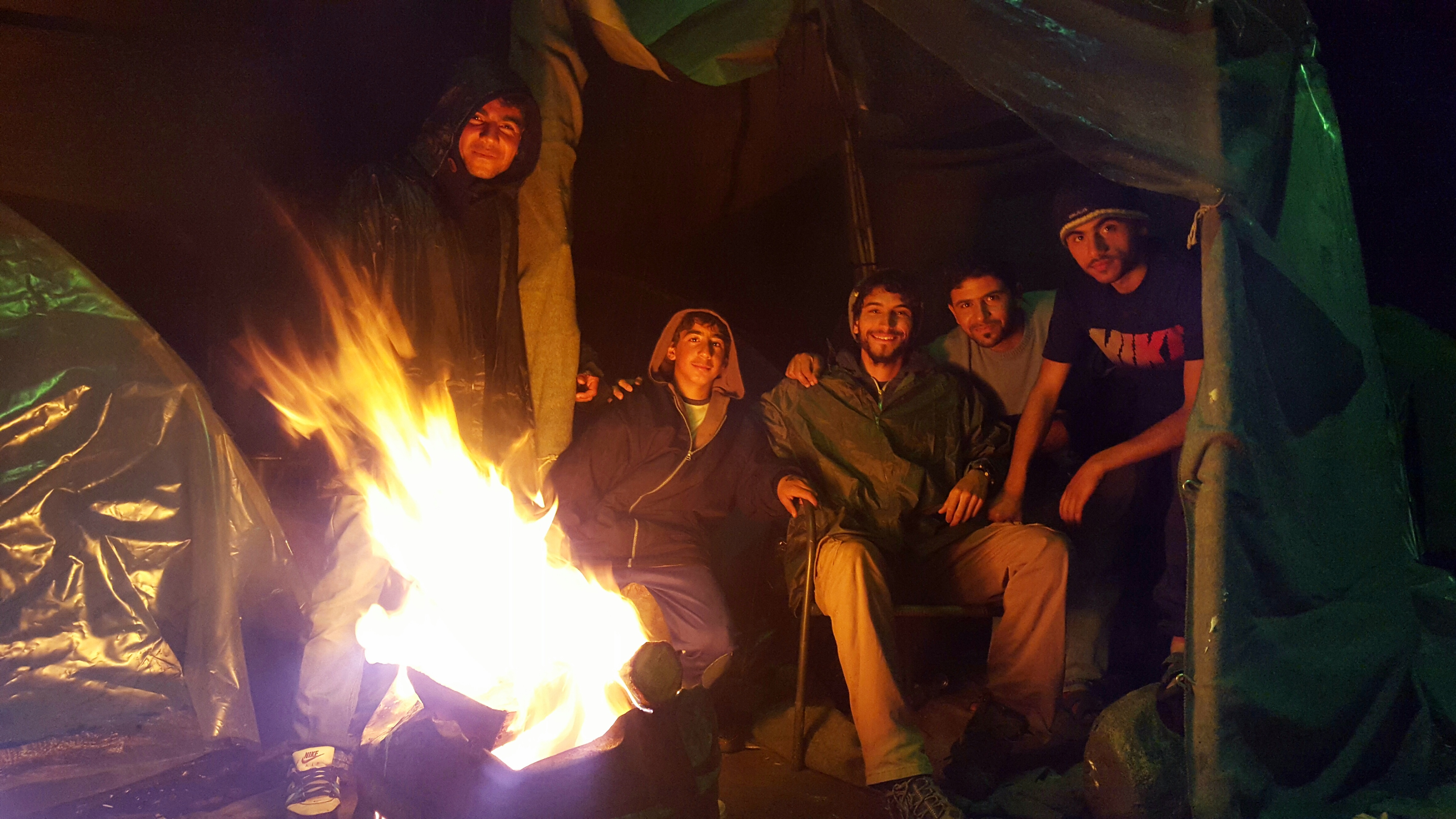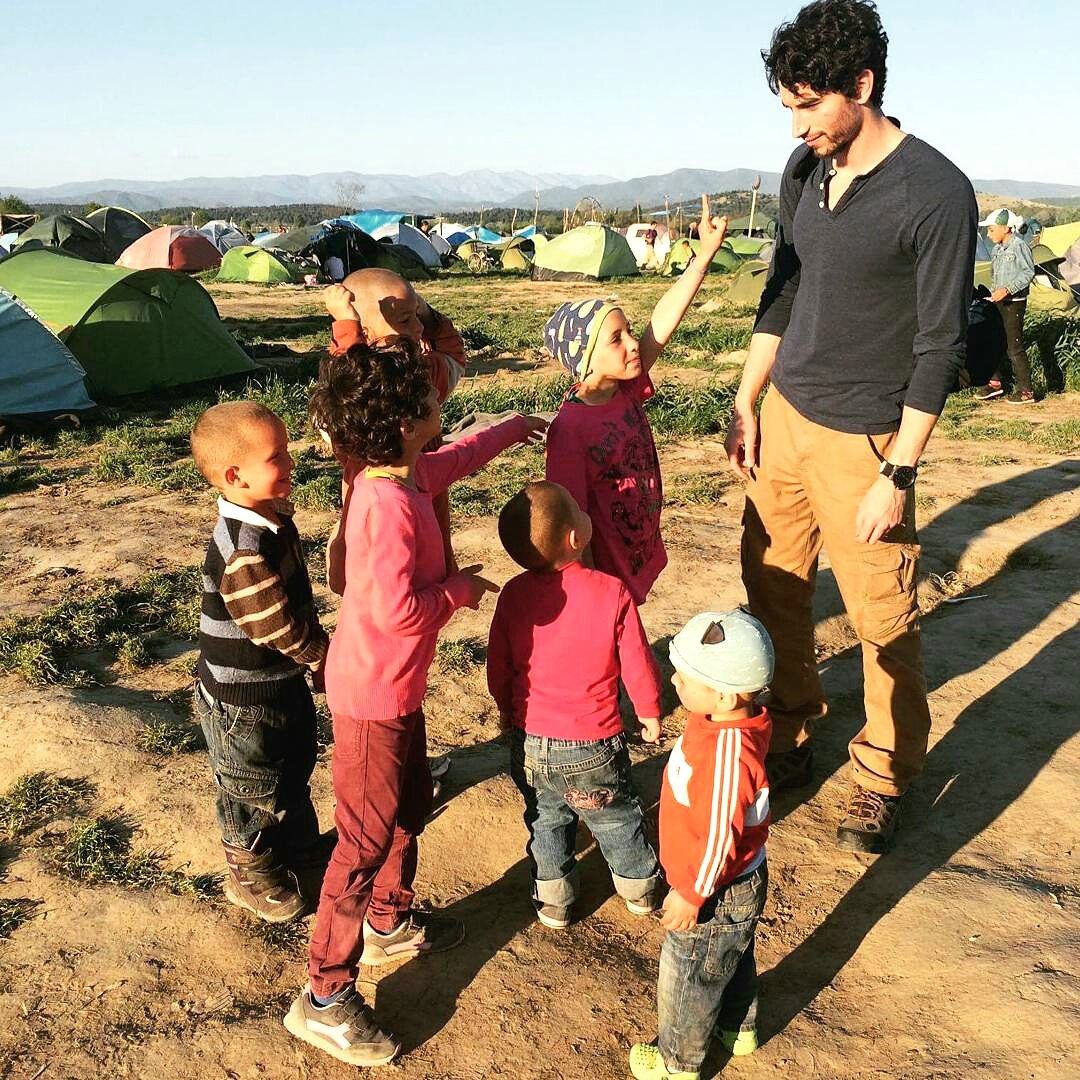February 15, 2017
It is because we label them as just that. ‘Refugees’. This mark typecasts and strips away the humanity of these individuals, and it does so because it crafts a one-dimensional perception of them.
 What many of us lose sight of, is that they were often highly-educated professionals who thrived in their societies. Many are doctors, nurses, teachers, and lawyers. Doting fathers and mothers.
What many of us lose sight of, is that they were often highly-educated professionals who thrived in their societies. Many are doctors, nurses, teachers, and lawyers. Doting fathers and mothers.
I believe that this is what some of us fail to see in the west. Consequently, we create assumptions that these people are not capable of integrating into other societies, and especially our own. In reality, they are not only more than capable of adapting into our worlds, they can also further develop and advance them.
These assertions come from my own experiences living amongst them for three months in Northern Greece in the Summer of 2016, and providing medical services to them as a healthcare professional in Lebanon on a ten-day medical mission earlier this year.
I spent many nights as the sole healthcare provider in “Eko Camp” in Greece. During my first three-month stint, I met many beautiful souls. I never went hungry, because they ensured I was fed. I never went cold, because they ensured I was clothed and sheltered. I never felt alone, because they accompanied me. Never had I felt safer than in their company during my time in the refugee camps.

My work kept me busy at night. Roughly 3000 people were in my care. Some nights ran smoothly on my end, and other nights were a little tougher to get through. I remember a frantic father running towards my direction yelling, “Mohammad! My daughter is in a lot of pain! Please come to my tent!”. I rushed over to the tent to find his 17-year-old girl wincing in pain with her hands on her flank (lower back) area. I asked what had happened, and in full English, she proceeded to give me the most thoroughly detailed medical history I had ever received in my eight years of being in healthcare. Dumbfounded, I asked her how was she able to describe her history so meticulously.
“I was a second-year medical student back in Syria” she said.
“At 17?” I responded in shock.
“Yes. And I hope to continue school as soon as I can when I get out of Greece” she replied.
It got me thinking how we are shutting our doors on people like her. To those who were in favor of the travel ban, a.k.a the “Muslim ban”, my question to them is, does this 17-year-old girl help or harm us? Is she really going to ‘terrorize’ people or help save their lives?
This was just one story amongst many others. Encounters of a similar nature happened all too often between Greece and Lebanon. I met many doctors, nurses, paramedics, teachers, carpenters, artists and many other skilled professionals, who also happened to be ‘refugees’.
Why is it that we don’t see these people heading the news? Why didn’t we hear about the Syrian cook who fed the homeless in Germany at Christmas? Why not the two Syrian emergency-room doctors who are working as paramedics in Australia?
What is needed is to give humanity, identity and integrity back to those who have had these stripped away from them. We must remind ourselves, as well as others, that these incredible individuals are beyond their fleeting statuses as ‘refugees’. Moreover, we should be re-evaluating the definition of ‘refugee’ with its temporary nature in mind, rather than treating it as a sweeping term to be thrown around to stereotype and generalize truly remarkable and unique persons.
By Mohammad JD.
SAMS Medical Mission Volunteer
Check out this mini-documentary, “No Place Like Hope” produced by Mohammad during his medical mission to Greece, and his Instagram to see more photos from his trip.
 What many of us lose sight of, is that they were often highly-educated professionals who thrived in their societies. Many are doctors, nurses, teachers, and lawyers. Doting fathers and mothers.
What many of us lose sight of, is that they were often highly-educated professionals who thrived in their societies. Many are doctors, nurses, teachers, and lawyers. Doting fathers and mothers. 

 What many of us lose sight of, is that they were often highly-educated professionals who thrived in their societies. Many are doctors, nurses, teachers, and lawyers. Doting fathers and mothers.
What many of us lose sight of, is that they were often highly-educated professionals who thrived in their societies. Many are doctors, nurses, teachers, and lawyers. Doting fathers and mothers. 
